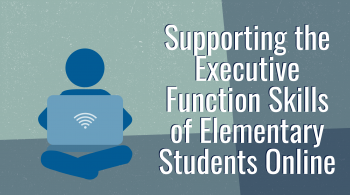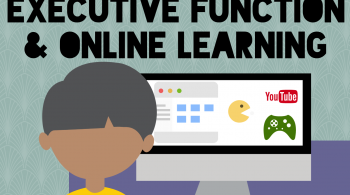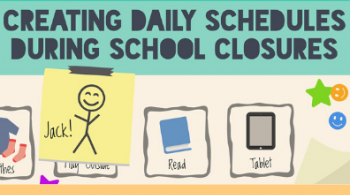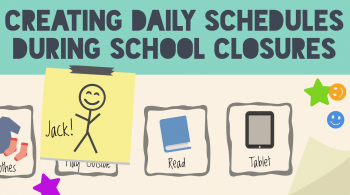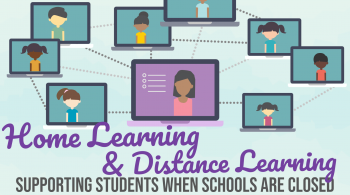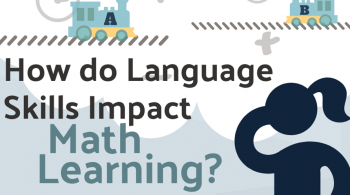By Lisa Carey and the CILSE Fellows
February 2, 2016
Lisa Carey, Education Consultant at the Center for Innovation and Leadership in Special Education (CILSE), and the CILSE Fellows have compiled a list of free digital resources to help teachers better understand math learning disability in the classroom.
Math learning disability (Math LD), or dyscalculia, is not discussed in school settings as frequently as reading learning disabilities. Many educators find it difficult to determine the source of poor math achievement, and many compounding factors such as math anxiety, poor prior math instruction, and social expectations (e.g., the common, yet erroneous belief that girls are intrinsically poor math students) can lead to poor outcomes in mathematics; however, dyscalculia has an underlyiing mechanism separate from these other causes of low math achievement that can help educators better understand students who are experiencing poor achievement in math.
- What is Dyscalculia? To quickly gain an understanding of this specific learning disability, watch this video from the National Center for Learning Disabilities or check out this video about Dyscalculia by Numberphile in order to quickly gain an understanding of this specific learning disability.
- Understanding Dyscalculia by Understood offers a quick introductory guide to math learning disabilities. The site is targeted at parents of students with learning disabilities and ADHD, but much of their content is helpful for educators as well.
- If you’re curious about math and the brain, check out YouCubed at Stanford University. This site offers insight into how the brain conceptualizes mathematics, as well as great ideas for classroom activities and math tasks.
- PBS Education offers a guide to the the Basics of Math LD, which covers the signs and symptoms of math LD, as well as strategies for the classroom.
- Many schools utilize the Response to Intervention (RTI) model to identify and remediate learning disabilities. The IRIS Center at Vanderbilt University offers Math and RTI, a free online module for educators seeking to better understand how the RTI process applies to math LD.
- What kinds of interventions should schools use with students struggling with math LD? The National Institute of Health (NIH) offers a public access article outlining the top Intervention Recommendations for students with math LD. We recommend checking out the introductory resources mentioned above prior to reading the article in order to get the most out of the authors’ recommendations.







